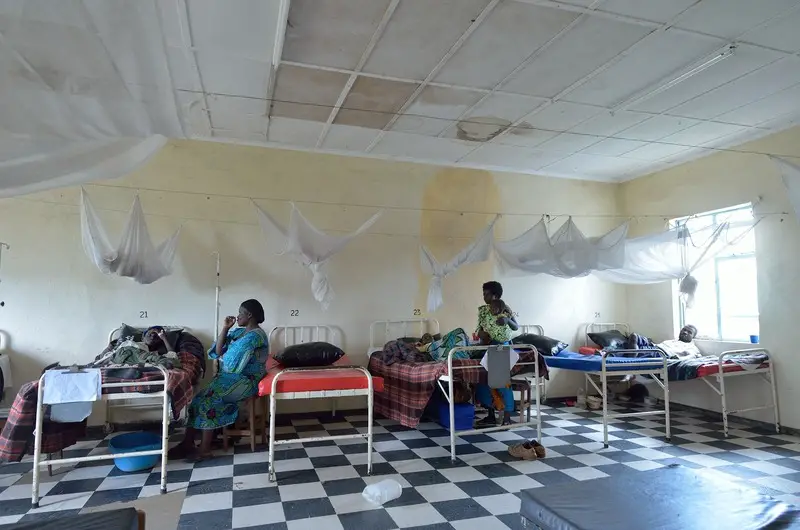In the Democratic Republic of the Congo’s southwestern Kwango province, a previously undetected disease displaying flu-like symptoms has cost at least 143 people their lives in November, predominantly affecting women and children in rural areas.
The disease outbreak began in the Panzi health zone, situated along the Congo-Angola border, according to health officials. Those affected exhibit severe symptoms such as high fever, powerful headaches, nasal congestion, respiratory difficulties, and anemia.
Provincial Deputy Governor Remy Saki and Health Minister Apollinaire Yumba verified that medical teams have been sent to gather samples for testing to identify the causative agent.
The World Health Organization was alerted about the disease and has begun joint efforts with Congo’s public health ministry to probe the outbreak. Between November 10 and 25, officials documented between 67 and 143 deaths in the region.
Local civic leader Cephorien Manzanza voiced concern about the escalating number of infections. “Panzi is a rural health zone, so there is a problem with the supply of medicines,” stated Manzanza.
Health officials indicate that a minimum of 376 people have fallen ill from this disease since late October. The limited availability of medical facilities in the rural region has led to infected individuals passing away in their homes.
This outbreak takes place as the Congo is dealing with other health crises. The country is presently handling a substantial mpox outbreak, which has affected around 47,000 individuals and led to over 1,000 suspected deaths.
A newly identified variant of the mpox virus found in South Kivu province has demonstrated increased transmissibility and severity, particularly in children under five. This variant has infected 8,772 children in Congo this year, accounting for more than half of the country’s reported cases.
Health authorities have yet to publish data on the total number of suspected infections or hospitalizations related to this new unknown illness. Officials have not divulged whether patients have tested negative for other common diseases prevalent in the region.
The provincial health minister has advised residents to refrain from contact with the bodies of the deceased to prevent potential transmission while investigators strive to identify the cause of the outbreak.











